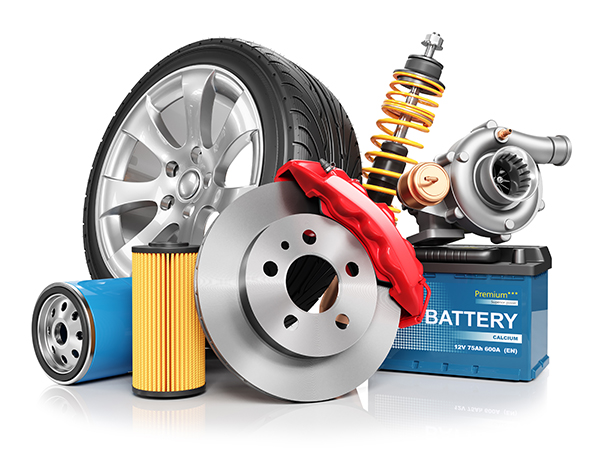
Car Care Tips
The easiest and most effective way to save money on gas is to park your car and walk or bike. If you need to go farther than you can on foot or pedaling, carpooling will cut your weekly fuel costs in half and save wear on your car. Public transportation can also save you money, not to mention eliminate the hassle of finding and paying for parking. And how about telecommuting? New computer technologies are making it easier all the time to work from home.
If you want to know what kind of gas mileage your car is getting, put a pen and paper in the car. The next time you fill-up the tank, record the odometer reading and reset your trip gauge to zero. From then on, every time you fill the tank, divide the miles you traveled between fill-ups by the quantity of gas you bought. This is your car's miles per gallon or mpg.
If you don't like what you're getting or just want to do better, here are some fuel-saving tips:
Slow Down. According to the Car Care Council, there is an aerodynamic drag on your car that at 70 mph is double the drag then at 50 mph. Slowing down can increase your mileage. Each mph over 60 will cost you an additional 10 cents per gallon.
Drive Patiently. Don't tailgate or try to pass everyone. All that rapid acceleration and hard braking are not only annoying and dangerous; it can lower your gas mileage by 33 percent on the highway and 5 percent in the city, which can cost you 7 to 49 cents per gallon.
Avoid excessive idling. You get zero miles per gallon when the car is just sitting there. Idling also burns more gas than simply restarting the engine, puts wear and tear on the engine, and adds to toxic emissions.
Minimize air conditioning. In city driving, using the air conditioner in hot weather can increase your fuel consumption by more than 20 percent. To be efficient, use the A/C to cool off the car, then turn it off and use the air vents to circulate the air. You can do this repeatedly if it gets stuffy and hot in the car. Sunroofs and tinted glass also help to keep the car cool.
Travel Smart. While using a roof rack or a carrier gives you additional cargo space with smaller cars, a loaded rack increases wind resistance and decreases fuel efficiency by 5 percent. Use your trunk space instead but make sure you empty out the trunk afterward because carrying around unnecessary items that weigh over 100 pounds also reduces a vehicle's fuel efficiency by 1 to 2 percent.
Remember to check your tires for proper inflation. Properly inflated tires will wear longer and can improve your gas mileage by about 3.3 percent. You should check your tire inflation pressure (including the spare) at least once a month and definitely before every long trip.
Are you in alignment? When your car's wheels are aligned, tire lifespan increases, and gas mileage and handling improvements.
One-stop shopping! Plan your shopping so you can do all your errands in one day. Park the car in a central location and walk between destinations. Several short stop-and-go errands can use twice as much fuel as a longer, multipurpose trip covering the same distance.
Check out your gas cap. According to the Car Care Council, about 17 percent of the vehicles on the roads have gas caps that are damaged, loose, or missing altogether, causing 147 million gallons of gas to vaporize every year.
Is your air filter dirty? The air filter is easily accessible and simple to change. Replacing a dirty, clogged filter can improve your gas mileage by as much as 10 percent - a savings of about 15 cents per gallon.
Give your car a day at the "car spa" approximately every 30,000 miles. Vehicles have 4, 6, or 8 sparkplugs that fire as many as 3 million times every 1,000 miles. This creates a lot of heat, electrical, and chemical erosion. The worn-out and dirty plugs need to be replaced on a regular basis. A well-maintained, tuned-up car will reduce long-term maintenance costs and may improve gas mileage by about 4 percent. There are also many sensors that help keep the engine running smoothly and efficiently. Replacing a failed oxygen sensor could improve your gas mileage by as much as 40 percent.
Know how to handle the gas pumps. When the gas pump turns off, don't try to add a couple more splashes to even up the dollar amount. A lot of newer cars don't have room for more gas, so anything else you put in will end up on the ground. Plus in the warmer weather fuel can expand and cause an overflow.
Looking to purchase another car? Buy the most fuel-efficient model in the size category that you need. Check out www.fueleconomy.gov to find out the average city and highway miles off the vehicle you're considering.
VEHICLE RUNNING BADLY? WE'LL FIX IT
We specialize in repairing and diagnosing some of the hardest problems to find.
